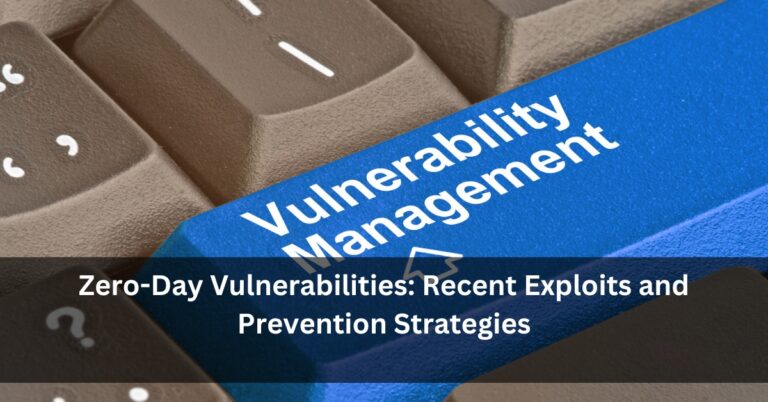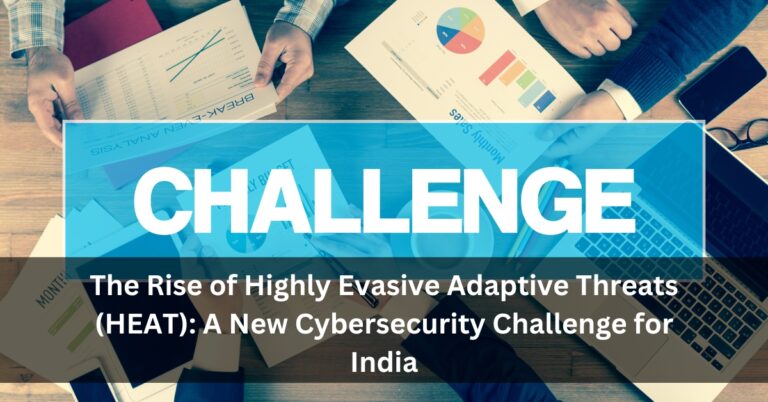Shadow AI in Indian Workplaces: A Hidden Cybersecurity Risk You Shouldn’t Ignore
As artificial intelligence (AI) becomes more accessible, organisations across India are using it to enhance productivity, decision-making, and customer experience. But with this growth comes a hidden cybersecurity risk many companies are unaware of—Shadow AI.
At FutureAI, we aim to explore emerging AI trends and how they impact businesses, especially when it comes to cybersecurity. In this article, we break down what Shadow AI is, why it’s a growing issue, and how Indian organisations can manage this threat effectively.
What is Shadow AI?
Shadow AI refers to the use of AI tools and systems by employees or departments without the knowledge, approval, or oversight of an organisation’s IT or security team. These tools are often used with good intentions—such as speeding up a task or analysing data—but they operate outside the formal technology framework of the company.
Think of it like “shadow IT”—using unauthorized software or devices at work—but now with advanced AI models that process data, make decisions, or even generate content.
Examples of Shadow AI include:
- Using free AI-based data analytics tools without permission
- Inputting company data into external chatbots like ChatGPT or Google Gemini
- Running small-scale machine learning models locally without IT support
Why is Shadow AI a Concern for Cybersecurity?
1. Data Leakage and Privacy Risks
Employees may unknowingly input sensitive business data into AI tools that store or reuse that information. If these tools are cloud-based and not compliant with Indian data protection laws, the risk of a breach becomes high.
In sectors like healthcare, finance, and education, this can lead to serious privacy violations.
2. No Regulatory Oversight
The Personal Data Protection Act (PDPA) in India requires organisations to manage data responsibly. Shadow AI tools, often built and managed outside the system, are not reviewed for compliance. This can lead to regulatory penalties or reputational damage.
3. Security Vulnerabilities
Many free or open-source AI tools do not follow best security practices. Using them without IT review exposes an organisation to threats like malware injection, phishing, or model poisoning.
4. Unreliable Outputs
Unapproved AI models can give inaccurate, biased, or inappropriate results. These errors can influence business decisions, customer communications, or internal operations—leading to financial loss or brand damage.
Why is Shadow AI Growing in India?
India has a fast-growing startup culture and a young tech-savvy workforce. Many employees take the initiative to solve problems using digital tools. While this mindset is valuable, it can also result in Shadow AI practices.
Additionally, many small and medium enterprises (SMEs) do not yet have full-time IT security teams or proper AI usage policies. This gap allows unregulated tools to enter the workflow easily.
How Can Organisations in India Manage Shadow AI?
Here are some practical ways Indian companies can address the risks while encouraging innovation:
1. Create AI Usage Policies
Companies should develop clear policies that define:
- What kind of AI tools are allowed
- Who can approve or test them
- Where data can be stored and shared
This gives employees guidance without restricting innovation.
2. Educate Employees
Often, Shadow AI stems from a lack of awareness. Regular training sessions can help employees understand:
- Why approval is necessary
- What risks they expose the company to
- How to find safe alternatives
FutureAI recommends making this a part of onboarding and annual compliance training.
3. Use AI Detection Tools
Some cybersecurity platforms now include features to detect unauthorised AI tools being used in the system. These tools can monitor data traffic and highlight suspicious activity or unusual software access.
4. Encourage Safe Innovation
Give teams access to approved AI tools that meet security standards. When employees have the right tools, they’re less likely to go looking elsewhere.
FutureAI works with organisations to identify such tools and make them easier to use across teams.
What Can FutureAI Do to Help?
At FutureAI, we understand the balance between innovation and safety. Our mission is to guide businesses in India to make informed AI choices without risking data security. We provide insights, analysis, and recommendations on the latest developments in AI and cybersecurity.
We also help build awareness around safe practices and help organisations create AI policies that are easy to follow and practical for Indian workplaces.
If you’re exploring AI in your business or already using some AI-based tools, visit FutureAI regularly for trusted updates, expert guidance, and real-world case studies.
Final Thoughts
Shadow AI is not just a future problem—it’s happening now in many Indian workplaces. While the use of AI tools by employees often comes from a place of initiative, it’s crucial to balance innovation with accountability.
Unregulated AI tools may seem helpful at first, but they carry risks that can grow silently over time. With proper policies, awareness, and trusted platforms like FutureAI, Indian organisations can unlock the power of AI—safely and responsibly.







